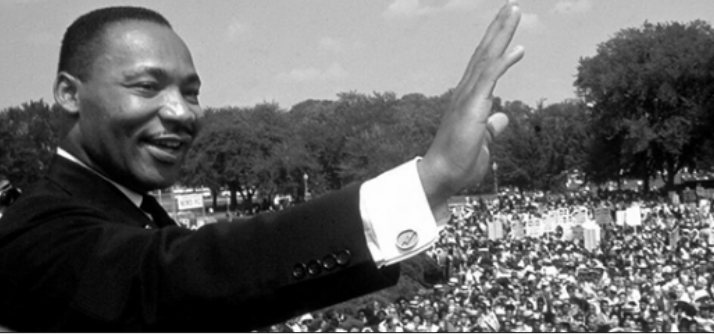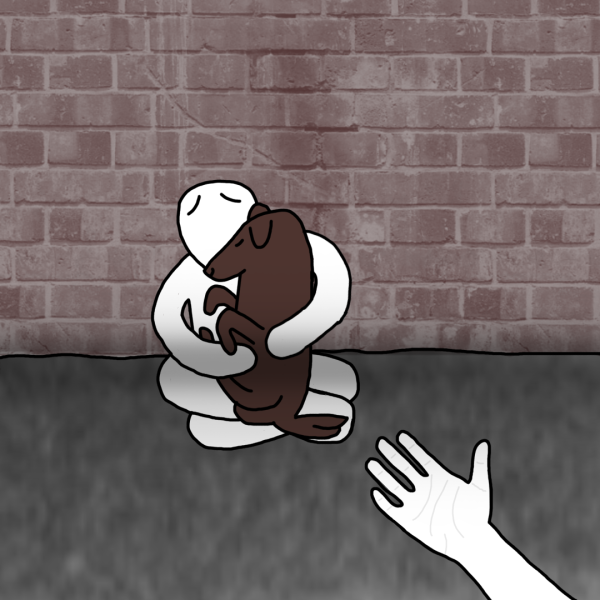Martin Luther King Jr. made everlasting impacts on Pittsburgh citizens
Throughout the mid 1950s to his death in 1968, Martin Luther King Jr. actively advocated for social justice for black Americans nationwide. He is most recognized for his “I Have a Dream” speech, and also for being the reason behind the passing of the Civil Rights Act of 1968. Although his work was broad, it had a great impact on the history of black individuals in the Pittsburgh area, and countless people around the world.
King was born on January 15, 1929 in Atlanta, Georgia. He grew up in a predominantly black town due to the heavy implementation of segregation. When he was 15, he was admitted into Morehouse College, where he studied law and medicine. Most of his passion for racial justice started here, when Morsehouse’s president, Dr. Benjamin Mays, spoke out against racial injustice. Taking Mays’ message to heart, King began to understand the racially-motivated discrimination that spanned throughout the nation.
He later moved to Montgomery, Alabama – a white-dominated city – with his wife, Coretta Scott, and their four children. In less than a year of living there, the Kings family was introduced to the closing of a large legal case about racial inequality; Brown vs. Board of education. A year later, in 1955, renowned Rosa Parks, secretary of the local chapter of the National Association for the Advancement of Colored People (NAACP), refused to give up her seat on the Montgomery bus to a white passenger. She was then arrested. Out of rage, activists orchestrated the Montgomery Bus Boycott, electing King as the official spokesman. After 381 days, the Supreme Court acknowledged the issue on inequality, ruling racially-specified seating on public transportation as unconstitutional. From henceforth, King was acknowledged nation-wide as a social justice icon, and later, a pacifist.
King’s impacts in Montgomery spread rapidly throughout America, reaching the city of Pittsburgh itself. On November 22, 1966, King traveled to Pittsburgh to deliver a speech at the University of Pittsburgh Student Union. While there, he managed to inspire a young college student, Tim Stevens, to become a civil rights activist himself. When King tragically died merely 18 months later, Stevens and his fraternity brothers spoke about his death at Chatham University, stating that, “Unbeknownst to me there was a professor from the graduate school of Public and International Affairs (GSPIA) at Pitt…I happened to be the one who led the conversation, and he was so impressed with how I facilitated the conversation that he offered me a fellowship to GSPIA at Pitt. Indirectly, I owe my graduate school to the death of Dr. Martin Luther King,” according to Positively Pittsburgh.
Another Pittsburgh student, Ralph Proctor, took inspiration from King himself. Working with Stevens, the two advocated for same equality in the city. Decades after knowing King, Stevens became the chairman to The Black Political Empowerment Project, a project he founded. Proctor, with civil rights engraved in his heart, wrote multiple books on racial equality and civil rights movements as a professor at the Community College of Allegheny County (CCAC).
Overall, King’s impacts on civil rights is broad. He was the reason behind the Supreme Court ruling on unconsitutional bus seating and the reason behind the Civil Rights Act of 1968. Yet, his work impacted the lives of many individuals in countlesscities, including the lives of Pittsburgh citizens both black and white.













